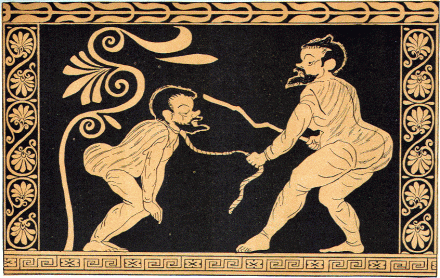How to make the rich love tax
Now that Philip Hammond is promising yet more tax hikes, he might consider how Athens managed it. During the whole period of their direct democracy (which ended in 323 BC), the decision-making assembly was dominated by the poor. Their empire made Athens a wealthy place, and the poor ensured that wealth came their way, not that of the rich, in forms such as payment for jury service, rowing the triremes (which kept the empire together) and much more. Meanwhile, tax was paid only by the rich. The 300 top richest every year paid property taxes to, for example, construct and maintain Athens’ triremes and fund state festivals for public enjoyment. Neither




